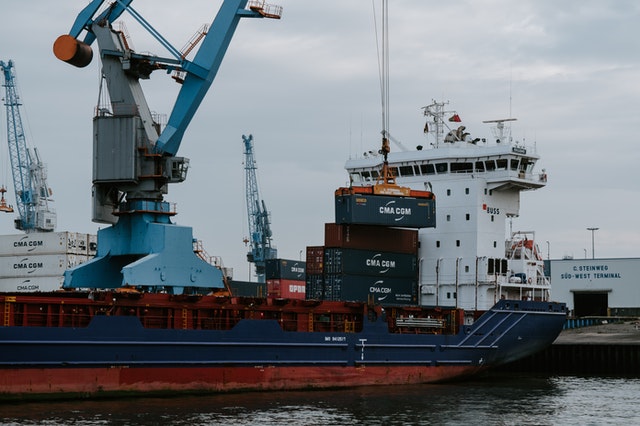
14 Mar Importance of Freight Forwarding Companies
Running shipment and other transnational logistics can be thorny for most international companies. However, freight forwarding companies make the tasks simpler. Since customs procedures, tariffs, and shipment policies change often, these variations tend to get in the way of many businesses. Staying up to date with the changes in the freight industry may divert you from what’s needed for your company to stay at the top.
If you are looking to streamline all your shipping deals in your company, freight forwarding is the best way to go. It doesn’t matter if you are a beginner or an expert in overseas shipment. This process is as simple as it sounds. Here, you get professional help with all your exports while getting a better cut to the bottom line. This article focuses on the importance of freight forwarding companies. Read on to find out more.
What do freight forwarding companies do?

- A freight forwarding company helps to move your goods from your office door to your importer or other importer companies overseas. If you are on the other side of the ocean, freight forwarding companies will help you get the right paperwork ready to ease the process of importation. What’s more, they will move all your products to their warehouses as they await shipment.
- The businesses work hand in hand with the shipping companies to ensure your goods are loaded onto the trucks, planes, or trains. These goods will then leave the place of origin and to the destination country.
- A professional will take the position of your agent once the goods get to the destination country. This means that they are responsible for dealing with any questions or issues arising at customs. In addition, they will handle translation and other hindrances that arise during clearing.
- Although the freight forwarding companies don’t handle shipment, they coordinate and negotiate with various shipping companies to get the lowest rate possible. This, in turn, helps you save the shipment cost.
- While you might not necessarily require an expert business for each step of your logistics, having an expert is essential. The expert company will handle all the shipping steps needed and ensure the goods reach you with the utmost convenience. As the business handles all the logistics, you will be tackling other matters in your company. Since a freight forwarding company often handles shipping logistics, trusting them with your shipment needs means it will work efficiently to deliver your goods as expected.
It is worth noting that freight forwarding companies offer varying services. Some companies may offer additional services while others have restrictions on what they offer. Therefore, it is essential to look at the potential business and read through their policies. This will give you a better idea of what to expect from them.
Stages involved in the export/import processes
Exporting is not as easy as you think. As long as your products are coming from another country, there are plenty of processes involved. There are various forms to complete and plenty of other requirements for the goods to leave and get to you. An export license, packing list, and export declaration document from the shipper are among the items required for the process.
Freight forwarding companies are the best for dealing with these kinds of things. When your shipment is ready, the business arranges for it to get to the warehouse through export haulage. It then begins preparing the products for export customs approval. Upon clearance, the shipment is loaded and moved to the international cargo plane or ship.
Once reaching the destination country, the shipment is inspected at the port. Tax and duty fees are handled by the receiving company. The business picks up from there and transfers the shipment to a warehouse and then to the recipient.

Sorry, the comment form is closed at this time.